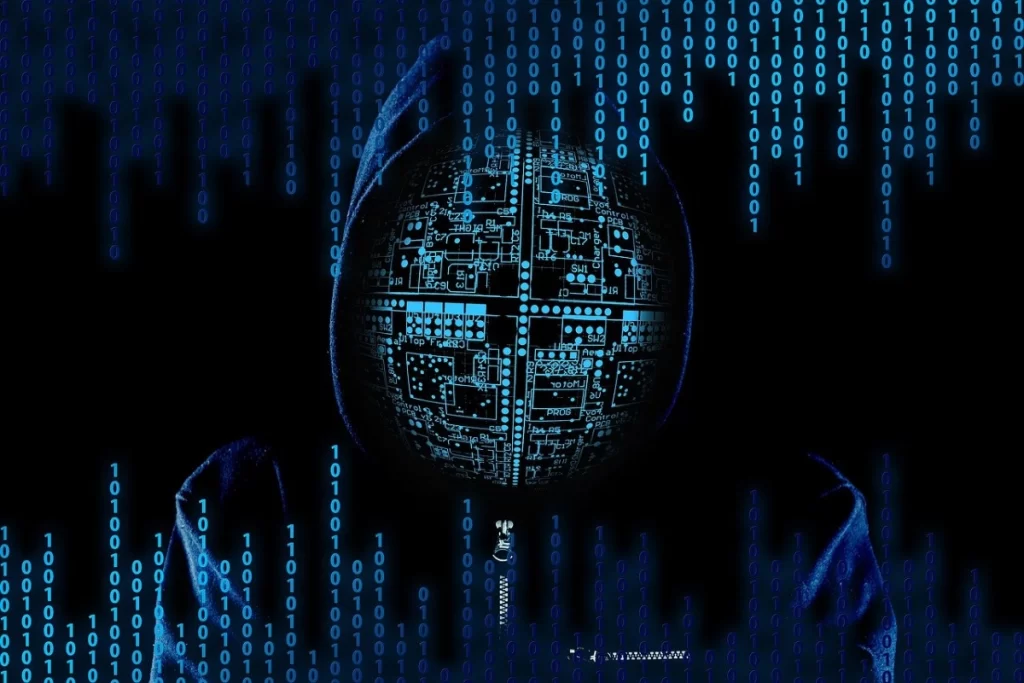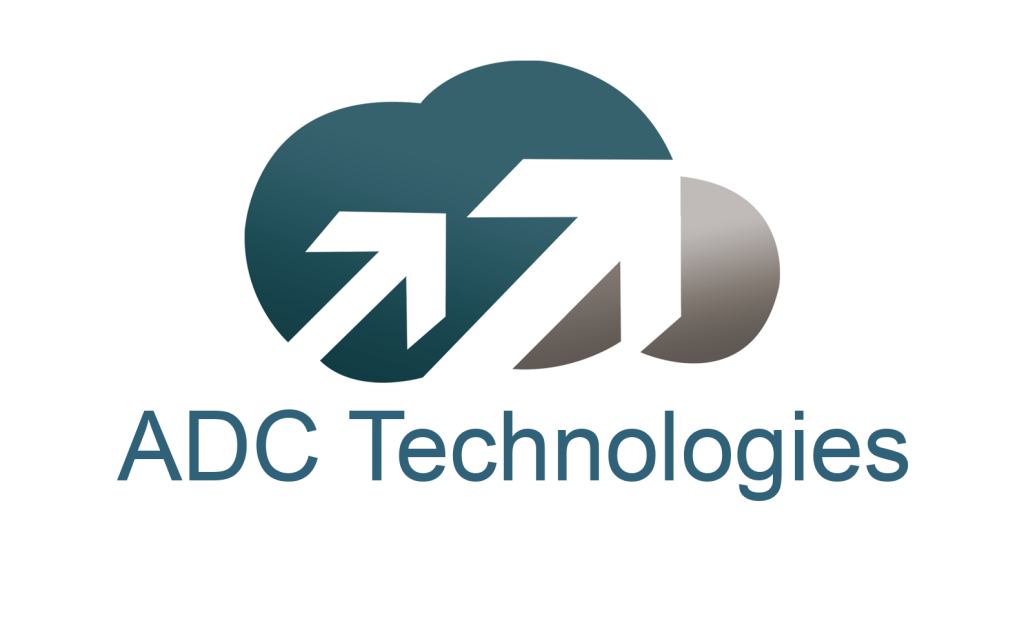In the ever-evolving landscape of digital threats, cybersecurity has become one of the biggest concerns for individuals, businesses, and governments. As more sensitive information moves online, ensuring its protection becomes critical. One of the most effective tools in bolstering security online is Multifactor Authentication (MFA), a system that requires users to provide multiple forms of verification before gaining access to sensitive systems or data.
What is Multifactor Authentication?
Multifactor Authentication, or MFA, is a security mechanism that requires two or more forms of identification to verify a user’s identity when they attempt to log into an account, application, or system. Typically, MFA combines at least two of the following three factors:
- Something You Know – This could be a password, a PIN, or the answer to a security question.
- Something You Have – This could include a smartphone, a hardware token, or a smart card.
- Something You Are – This involves biometric identifiers such as fingerprints, facial recognition, or retina scans.
MFA adds an additional layer of security by ensuring that even if one factor (like a password) is compromised, the unauthorized user would still need access to the other factor(s) to gain entry.
The Rise of Cybercrime and the Necessity for MFA
As the world becomes more interconnected, the attack surface for cybercriminals increases. Gone are the days when simple passwords were sufficient to secure sensitive data. Today, data breaches, phishing attacks, and other cyber threats are more sophisticated and widespread. According to a 2023 report by the Identity Theft Resource Center, data breaches in the United States increased by 17% from the previous year, affecting hundreds of millions of users.
The sophistication of cyberattacks is constantly evolving. Hackers often use tactics such as phishing, brute force attacks, and keylogging to steal passwords. Once they gain access to a password, they can infiltrate networks, steal sensitive data, or commit fraud. MFA provides a powerful defense by ensuring that even if one form of authentication (like a password) is compromised, the attacker cannot proceed without the second or third verification step.

Benefits of MFA for Businesses
- Enhanced Security
The most significant benefit of MFA is the enhanced security it provides. By requiring multiple forms of identification, businesses can drastically reduce the likelihood of unauthorized access. Passwords alone are vulnerable to various attack vectors, including phishing, password spraying, and brute-force attacks. MFA requires hackers to compromise not only a password but also additional factors, making it exponentially more difficult for unauthorized individuals to gain access.
For example, even if a malicious actor manages to obtain a user’s password through a phishing attack, they would still need access to the second form of authentication, such as a one-time passcode (OTP) sent to the user’s smartphone. This creates a critical security barrier that prevents the vast majority of unauthorized attempts.
- Protection of Sensitive Data
Organizations that handle sensitive information, such as financial institutions, healthcare providers, and government agencies, are prime targets for cybercriminals. MFA is particularly valuable in protecting sensitive customer or client data, ensuring compliance with data protection regulations such as the General Data Protection Regulation (GDPR) and the Health Insurance Portability and Accountability Act (HIPAA). Implementing MFA not only minimizes the risk of data breaches but also helps companies avoid the heavy financial penalties and reputational damage associated with non-compliance.
- Mitigation of Insider Threats
Not all threats to an organization come from external sources. Insider threats, whether from malicious employees or those who are careless with security protocols, can be just as damaging. MFA can significantly mitigate these risks by requiring multiple layers of authentication for accessing sensitive areas of a company’s network. Even if an insider knows a password, they would need access to the second authentication factor, such as a hardware token or biometric verification.
- Cost-Effective Security Solution
While no security solution is completely impenetrable, MFA is one of the most cost-effective options available. Implementing MFA across a company’s systems and applications can prevent costly data breaches that result in financial loss, regulatory fines, and reputational damage. According to a report from IBM, the average cost of a data breach in 2023 was $4.45 million. By investing in MFA, businesses can significantly reduce the risk of breaches and the associated costs.
- Increased Trust and Reputation
Customers and clients are becoming increasingly aware of the importance of data security. Companies that implement robust security measures, such as MFA, signal to their customers that they take privacy and data protection seriously. This can increase customer trust and improve an organization’s reputation in the market. In industries where data security is paramount—such as healthcare, finance, and legal services—demonstrating a commitment to strong authentication methods can be a significant competitive advantage.
Benefits of MFA for Individuals
- Protection Against Identity Theft
Identity theft is a growing concern for individuals, especially as more personal information is stored and shared online. MFA helps protect against unauthorized access to personal accounts by adding a second layer of security. Even if a hacker obtains your password, they would still need access to your phone, email, or biometric data to complete the authentication process. This significantly reduces the likelihood of identity theft and fraudulent activity.
- Securing Personal Accounts
From email and social media to online banking and shopping, individuals use a wide range of digital services daily. These services store a significant amount of personal data, including financial information, private messages, and personal details. MFA ensures that even if one service is compromised, attackers cannot easily access the others without completing additional authentication steps.
For instance, Google reports that users who enable two-factor authentication (2FA) are 50% less likely to have their accounts compromised. This extra layer of protection can prevent malicious actors from hijacking your accounts or making unauthorized purchases.
- Peace of Mind
Knowing that your accounts are protected by MFA can give you peace of mind. The modern digital environment is rife with cyber threats, and worrying about password theft or unauthorized access can be stressful. MFA alleviates much of this worry by significantly reducing the risk of compromise. Even in the unfortunate event that your password is stolen, you can rest assured that attackers will face a substantial hurdle in the form of a second authentication requirement.
MFA and the Future of Cybersecurity
The importance of MFA in cybersecurity will only increase as the digital landscape continues to expand. With the growing popularity of cloud computing, remote work, and the Internet of Things (IoT), there are more entry points for attackers than ever before. MFA plays a crucial role in securing these entry points by adding layers of verification that are difficult to bypass.
As technology advances, so too will the methods used to authenticate users. For example, biometric authentication methods such as facial recognition, fingerprint scanning, and voice recognition are becoming increasingly sophisticated and widespread. These biometric factors provide an additional layer of security that is both convenient and difficult for attackers to replicate.
Furthermore, as artificial intelligence (AI) and machine learning are integrated into cybersecurity systems, MFA will likely become even more adaptive and intelligent. AI-driven MFA systems could analyze user behavior patterns, such as typing speed and location, to dynamically adjust authentication requirements in real time. This could lead to even more robust security solutions that offer both strong protection and a seamless user experience.
Challenges and Considerations with MFA
While MFA provides significant security benefits, it is not without its challenges. Implementing MFA across large organizations can be complex and require investment in infrastructure, training, and support. Additionally, not all MFA methods are foolproof. For instance, SMS-based authentication has been criticized for being vulnerable to SIM swapping attacks, where hackers hijack phone numbers to receive OTPs.
However, despite these challenges, the benefits of MFA far outweigh the potential drawbacks. The key is to choose MFA methods that strike the right balance between security and usability. For example, app-based authentication (such as using Google Authenticator or Microsoft Authenticator) is generally considered more secure than SMS-based 2FA and provides a seamless user experience.
MFA is Essential for Cybersecurity
In today’s digital world, the importance of Multifactor Authentication cannot be overstated. Cybercriminals are constantly evolving their tactics, and traditional passwords are no longer sufficient to protect sensitive information. By requiring multiple forms of verification, MFA adds an essential layer of security that can prevent unauthorized access, protect sensitive data, and reduce the risk of identity theft.
For businesses, MFA is a cost-effective solution that not only enhances security but also ensures regulatory compliance, builds trust with customers, and protects against insider threats. For individuals, MFA offers peace of mind by safeguarding personal accounts and reducing the likelihood of identity theft.
As the digital landscape continues to grow, implementing strong authentication measures like MFA will remain a cornerstone of effective cybersecurity strategies. Whether you are a business owner, IT professional, or individual user, investing in MFA is a smart and necessary step to protect your digital assets in an increasingly connected world.



